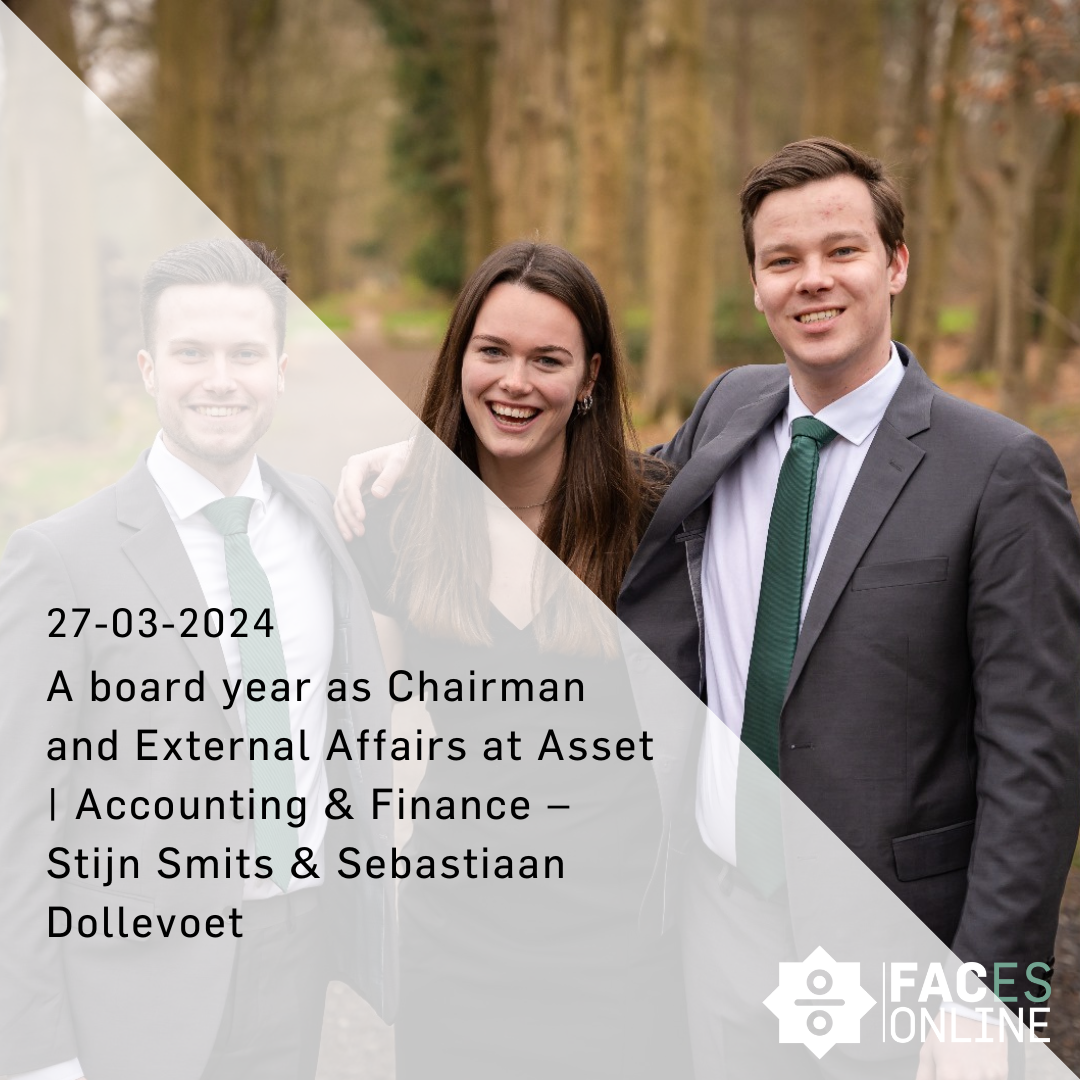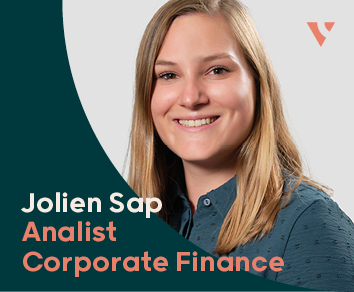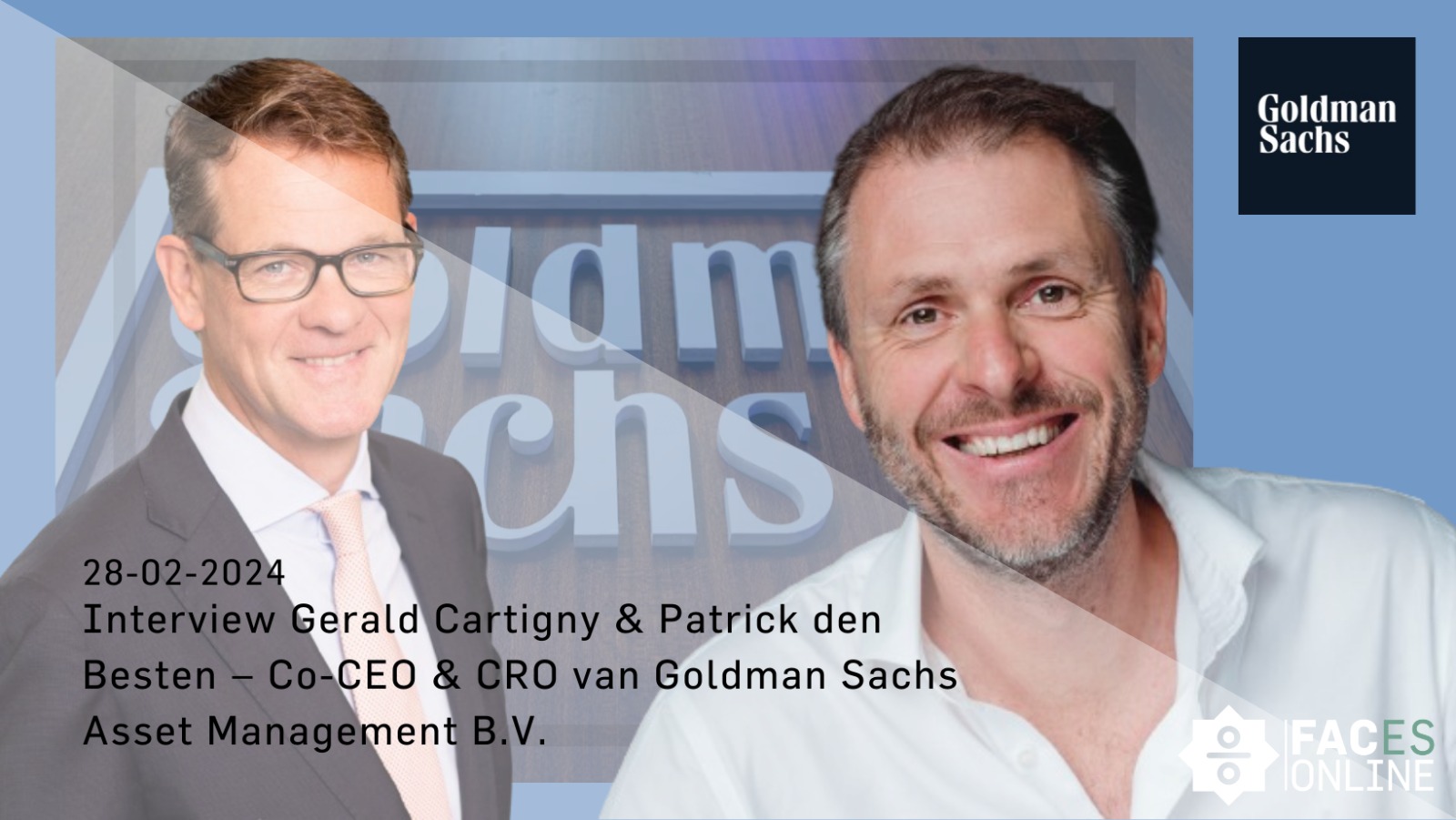Fion Veseli works as a Junior Data Analyst at Vermetten and has made an impressive mark on the Advisory team in a short time. Read below how he likes

For the Dutch version, click here.
Please tell us about your background and career.
I was born in Amersfoort in 1971, so I’m 49 now. I also did my primary and secondary education in Amersfoort. In 1989 I started at the Erasmus University and graduated in 1995. After my graduation I started as an employee in planning & control at the national investment bank, now NIBC Capital in The Hague. Here I worked for almost 10 years in positions that covered the entire finance branch. This has given me a very broad knowledge and experience in banking. After this, I worked as senior finance officer and later also as CFO at GMAC-RFC Continental Europe. After which, in 2010, I started as head of treasury at WestlandUtrecht Bank, then still part of ING. This company then merged with NN bank, and that is how I ended up at NN, where I have worked for 8 years now and where I currently hold my second position.
You studied Financial Economics at Erasmus University, how did this prepare you for your work in the financial sector?
Very well, because in my work I am very much involved with accounting on the one hand, but also with management accounting and the steering and control of an organisation. I work a lot with financial instruments. Financial Economics had two specialisations, I did both and I still benefit from my studies every day.
Which choices during your student years had an impact on your later career?
My choice of study itself was very important, but also my being active in the student investment association B&R Beurs. I was a member of the board and served on various committees. Actually, you learn a lot from that, not so much in terms of content, but more in terms of how you work with people, organising things and getting people on the same page. During your studies it is a safe environment to do this, it is often not very important yet, there is room to make mistakes. I would therefore recommend everyone to do something like this, no matter what kind of association it is, working with people, with each other, is very important in your youth.
In December 2019, you were appointed as CFO at NN Bank, what previous experiences within NN prepared you well for holding this position?
I first held the position of head of treasury, in this I was already partly responsible for my current range of tasks. The treasury front office itself, but also first line ALM (asset and liability management), the mortgage transaction side and its financing are things I am still responsible for. I also got to know the business in a regulated environment, I learned what NN is like, with its different stakeholders. You always have to see behaviour and leadership together. There isn’t one way to get there, you have to follow the way you find interesting, don’t focus on an end station. There is no final destination, just a journey, and it has to be interesting. You have to get energy from it.
NN Bank is mainly engaged in savings and providing mortgages, how does NN Bank distinguish itself from large banks such as Rabo and ING in this area?
If you look at the underlying products, we are not that different from the reputable banks. Our products are based on trust, which means you don’t simply buy them from anyone. So there are other things you have to do to show that it is valuable for a customer to commit to you. We try to achieve this by providing excellent customer service, which is in line with our customers’ wishes. That means we have to treat our customers well. Take last year, for example, when we introduced payment breaks for our mortgage and consumer credit customers during the start of the COVID lockdown. Those are moments when you can really show that you are there for your customers.
What is also noteworthy is that NN bank is actually not that small anymore. We are one of the largest mortgage providers, number 5 or 6 in the Netherlands. And we’re also the fifth largest retail bank in the Netherlands, after de Volksbank. This makes us bigger than NIBC, van Lanschot, and Achmea bank. In that respect, we are less known because we operate under the Nationale Nederlanden flag. Apart from that, we are definitely a very relevant player in the sector. We are what you might call a ‘challenger bank’. We haven’t been active for very long, but we are already the 5th largest bank in the Netherlands.
What are the key threats and opportunities in NN Bank’s market?
As previously mentioned, we are the fifth largest bank in the Netherlands, but not yet the largest. We are the largest in life and non-life insurance, so we can say that from a NN perspective, there is still a lot to gain.
On the other hand, the very low interest rate is a very difficult factor for a bank to deal with. It puts pressure on the interest margin. The savings interest rates can hardly go down any further, and that really puts pressure on our business model. It is worth pointing out that a large part of our income is not interest-driven, which helps us at the moment. But the low interest rate is a real threat to the entire banking sector.
How is NN Bank dealing with the increasing relevance of technology in the financial market? (P2P lending platforms, Blockchain)
As far as I am concerned, technology has always played a very important role in financial services. Now there is just another series of technological changes and we will have to deal with that again. It is not that this is the first time the sector has been confronted with technological change.
I read a book a while ago about the introduction of the ‘ponskaart’. This was an invention from the last century that facilitated the automation of payments. Cardboard strips with holes were designed and you could use them to process transactions. Of course, that sounds very dull now, but at the time it was very high-tech, and also a huge breakthrough. So for me, change is a fact of life.
This does not mean, however, that we are not concerned with it. On the one hand, you see that for our existing products, mortgages and savings, a lot can be done in customer service with further digitalisation. On the other hand, we are also looking at PSD2, a new payment method. As NN, we have launched a new PSD2 app (NOVA) in order to gain experience and prepare ourselves for the developments in the market. Focus is also very important here; you can only spend your investment euro once. So we keep an eye on a lot of developments, but we choose a select number to develop in.
Several risk prediction models are based on circumstances, which no longer apply due to the corona pandemic, what does this mean for NN?
If we look at risk models, change is nothing new either. It happens regularly that due to changes in the market and society, models no longer work, or that assumptions need to be adjusted. A colleague of mine once said: “To start calculating is to stop thinking”. And with this he did not mean that you should not work with models, but that you should always continue to think about the assumptions of your model and whether its use is still appropriate. So you should never blindly accept the outcome just because the model provides it.
“Instead, you have to keep challenging the models and keep thinking.”
Again, we have many internal discussions about the correct calibration of our models. It is very important to have these discussions and not just assume that the model is correct. Instead, you have to keep challenging the models and keep thinking.
What do you consider to be the best personality traits to hold a CFO position?
I think that depends very much on what kind of company and on the situation of the company. But also the rest of the management team is very important. Together, you make the company so you should fit well in the team. I personally think reliability is very important, but also insight, from all sides of the company. On the other hand, you have to have an appropriate leadership style. You don’t have to be an all-rounder, but you do have to be able to make choices.
Which KPIs should a CFO within a bank always monitor?
Two of them come to my mind first: liquidity and solvency. From a CFO’s point of view, profitability is also very important, but you also have to consider customer satisfaction and the turnaround time of your processes. It is always a combination, but once again, if your liquidity and solvency are not in order, you no longer exist as a bank.
What successes in your term as CFO at NN Bank are you most proud of?
There are quite a few, and if I look back recently, I am extremely proud of how we started working remotely in 2020. There was a lot going on in the financial markets, and yet everyone coped extremely well with working from home. Looking back longer, I think the relaunch of NN bank in 2013 was a great success.
Could you describe your leadership style?
I asked someone else this question, the HR consultant for finance. She said my leadership style is very open and clear, she described me as very reliable and no games are played. I am open to new ideas and I give space for this. I also give my trust to different teams and then I have to let go. As a leader, it is important to make decisions and sometimes you have to intervene, I am very involved in the company. I haven’t taught myself a style, that would be very difficult. I think my current style suits my job well.
What was the most difficult decision you had to make since becoming CFO?
Any decision that leads to job losses, those are very unpleasant decisions. You know that it hurts people, but you have to do it out of business interests.
What does a day in the life of the CFO of NN Bank look like?
I will start very practically. I have been working from home since March 2020, at NN this is really home, which means that I have been in the office maybe 3 times, only to pick up something. I start every day around 8:00 in the morning to catch up with some colleagues. I always do this on foot, otherwise I don’t get any exercise. After these morning calls, my normal working day begins, which is mainly teamwork. On the one hand, there are formal meetings where decisions are made, and on the other hand, there are many loose meetings with people from my teams, external stakeholders, etc. The rest of my time is spent preparing documents. That’s pretty much it, a day of a CFO. It is the combination of working with people and the content that makes it so much fun.
Do you think that students nowadays are educated to such an extent that they can go straight into the business world?
In essence, you start again at zero as soon as you finish studying, but that is okay. You have to learn to work, and to act in a professional environment. You also have to learn to take responsibility and make decisions. On the other hand, you are not starting from scratch because you are carrying a whole load of relevant knowledge with you. And if all goes well, you also have some life experience.
My experience is that when you enter a company as a starter, fresh from university, it is very nice to start in a position with some structure and where you can grow in responsibility.
What do you think needs to change in education/academia to ensure a better flow?
Personally, I think that will be fine. A lot of practical skills differ from company to company, and you have to learn a lot of them. So it is best to learn and discover this with your employer. What I do think is important is that you have learned to think and write well. This can be done with presentations, memos or calculations, but these are very important skills to have. You will learn practical knowledge.
The gap between the business world and academia is still there, but I think that gap was already there 25 years ago. You start at zero in certain areas, and that is just fine. Often it is also a lot of fun.
What can a student do to show that he/she is suitable for a position at NN Bank?
With your first job, it is especially important that you start at a company where you really feel at home. You will be confronted with many new things, and it is very pleasant if you can grow in this with people around you who you also like and with whom you also have the idea that you can be yourself. It is not so much a question of ‘what can you do as a student to come and work at NN’. It’s more about what we at NN can do to be the employer that you are looking for.
If you like NN and you would like to start your career here, my advice is always to be curious. Ask questions and go and investigate. Fortunately, we don’t bite, we are happy to inform you, and the more information you have as a student, the easier it is for you to tell us exactly what you are looking for and want. This applies to traineeships, internships and regular starter positions. And I can tell you from personal experience that you do not have to do a traineeship to become a CFO.






















